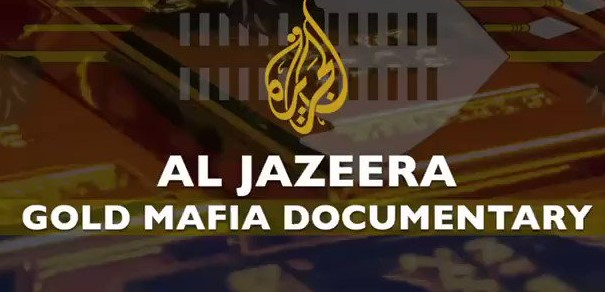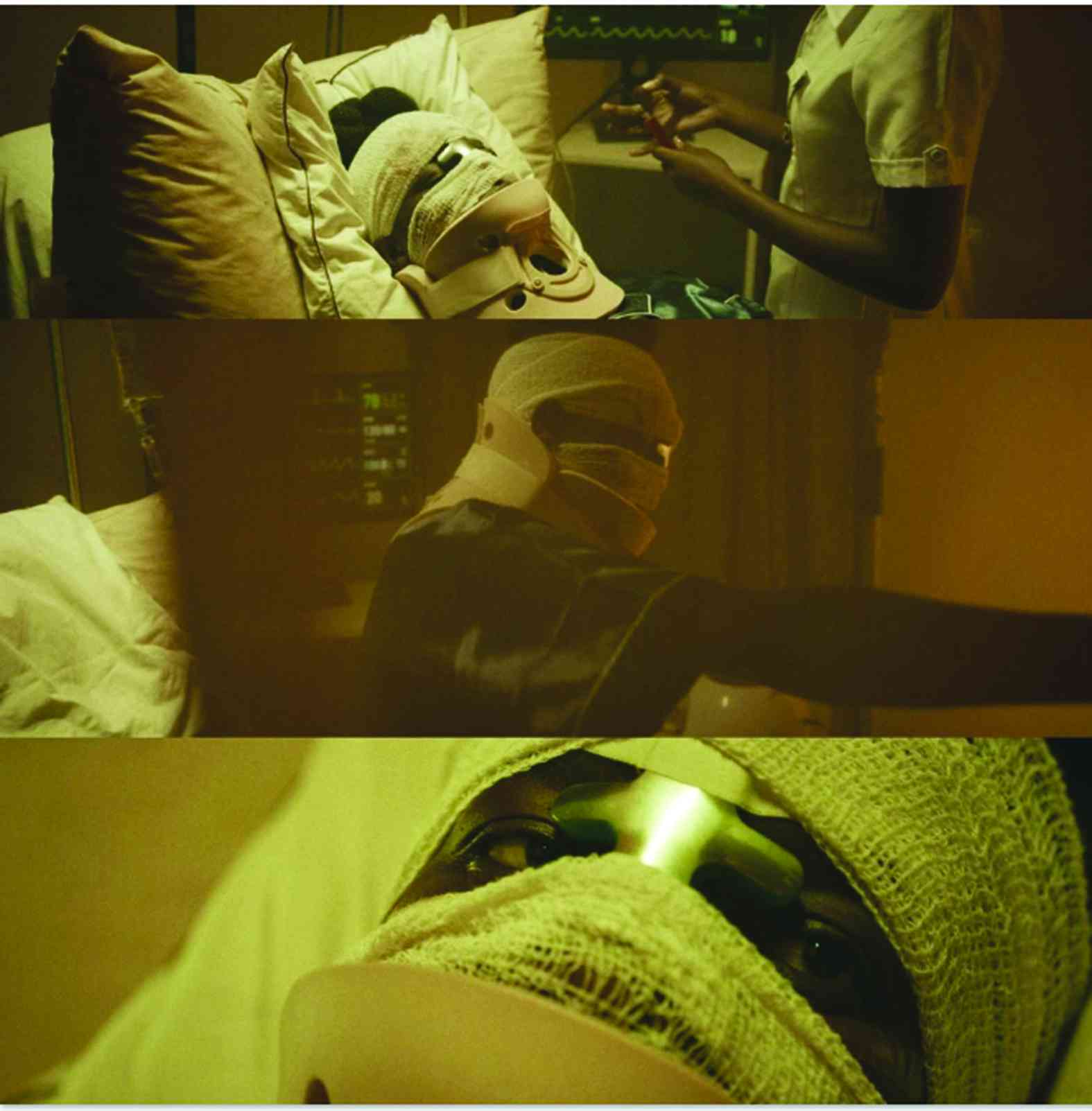
HARARE High Court judge, Justice Priscilla Chigumba, today faces an acid test when she presides over an urgent chamber application filed by opposition parties and Harare residents last week challenging the legality of the police ban on all demonstrations in the central business district until September 16.
BY RICHARD CHIDZA
This comes against a background of a strong warning by President Robert Mugabe, who on Saturday described judges as “negligent and reckless” for sanctioning political demonstrations against his Zanu PF government, in the past few weeks.
Lawyer and opposition People’s Democratic Party leader, Tendai Biti, who filed the legal challenge, accused Mugabe of intimidating the judiciary and violating the Constitution.
“What Mugabe is trying to do is breaching the Constitution by assaulting the judiciary and by trying to cause direct and indirect fear into judges,” he said.
The applicants — Democratic Restoration Assembly (Dare) leader, Gilbert Dzikiti representing opposition parties under the National Electoral Reform Agenda and residents represented by vendors’ leader, Standrick Zvorwadza — are arguing that the prohibition order issued under Statutory Instrument 101a is unconstitutional, as police have no authority to issue such a statutory instrument.
The parties are suing Harare central district police boss, Chief Superintendent Newbert Saunyama in his personal capacity.
- Chamisa under fire over US$120K donation
- Mavhunga puts DeMbare into Chibuku quarterfinals
- Pension funds bet on Cabora Bassa oilfields
- Councils defy govt fire tender directive
Keep Reading
The ban, issued on September 1, effectively blocked last Friday’s planned demonstration, where Nera members were demanding urgent implementation of electoral reforms ahead of the 2018 elections.
According to his founding affidavit that is supported by Zvorwadza, the Combined Harare Residents’ Association and Nera, Dzikiti argues that Saunyama and police Commissioner-General Augustine Chihuri had no authority to issue a statutory instrument, saying the only authorised persons were President Robert Mugabe and Cabinet ministers.
“He (Saunyama) has committed certain constitutional breaches that demand that he bears personal responsibility,” he said.
“The first respondent ought to have known this in his personal capacity and it is for this reason that we will, at the return day of any provisional order issued by this court, ask for costs on a punitive scale to be paid by him in his personal capacity.”
Dzikiti also seeks an order “suspending the operation of SI 101a of 2016 and setting aside the two weeks’ prohibition as an interim measure”. According to the applicants, SI 101a violates section 134(b) and (f) of the Constitution.
“Section 134(b) makes it clear that statutory instruments must not infringe or limit any of the rights and freedoms set out in the Declaration of Rights. At the second level, it is an order to declare unconstitutional section 27 of (the Public Order and Security Act) Posa,” Dzikiti said.
The Dare leader and his co-applicants also want section 27(1) of Posa, which empowers the regulating authority to prohibit the holding of public demonstrations for a specified period in a given area, struck off the country’s statutes because it is “clearly unconstitutional and is not justifiable in a democratic society based on openness, justice, human dignity, equality and freedom”.
“The instant application is one that seeks to set aside every nullity of SI 101a of 2016 on the basis that its enactment procedurally was in breach of the
Constitution as well as Posa itself and that in substance, its enactment infringes on certain constitutional rights some of which I have already mentioned above.
“This application is also one to set aside as unconstitutional the provisions of Section 27 of Posa,” Dzikiti’s affidavit said. He said Zimbabweans, since May, have organised themselves in peaceful marches and protests in line with section 59 of the Constitution to raise “various issues with the authorities”.
“In all these marches and protests, I and my colleagues have been peaceful and the only instances of violence have occurred with members of the police unleashing the same against us,” Dzikiti said.
The applicants said they were preparing for another march scheduled for Thursday, but SI 101a was putting their plans in jeopardy. Dzikiti argues that SI 101a, which proscribes processions and demonstrations for a period of two weeks is “sweeping and wide in its nature, that it denies, access to any Zimbabwean wishing to exercise his right to petition the government, approaching members of authorities that are in any event all in Harare central police district”.
“The regulations are such a serious breach of the following constitutional rights that are: my right to demonstrate and petition as defined in section 59; right to … assembly and association, as defined in section 58; right to freedom expression as defined in Section 51, and right to political rights as protected by section 67 of the Constitution of Zimbabwe,” he said.
Dzikiti argues that while Parliament can delegate its legislative role to specific agents of the State, it did not, in this case, “delegate its powers of law making to Saunyama and Chihuri. The law according to the applicants only allows the regulatory authority to issue a prohibition order”.
“Indeed neither the third respondent nor the second respondent have any powers of making delegated legislation or gazetting statutory instruments as has been done in casu (in this case),” the affidavit further argued.
“We contend that before the notice was published, the second respondent had an obligation to hear us as interested parties.”








